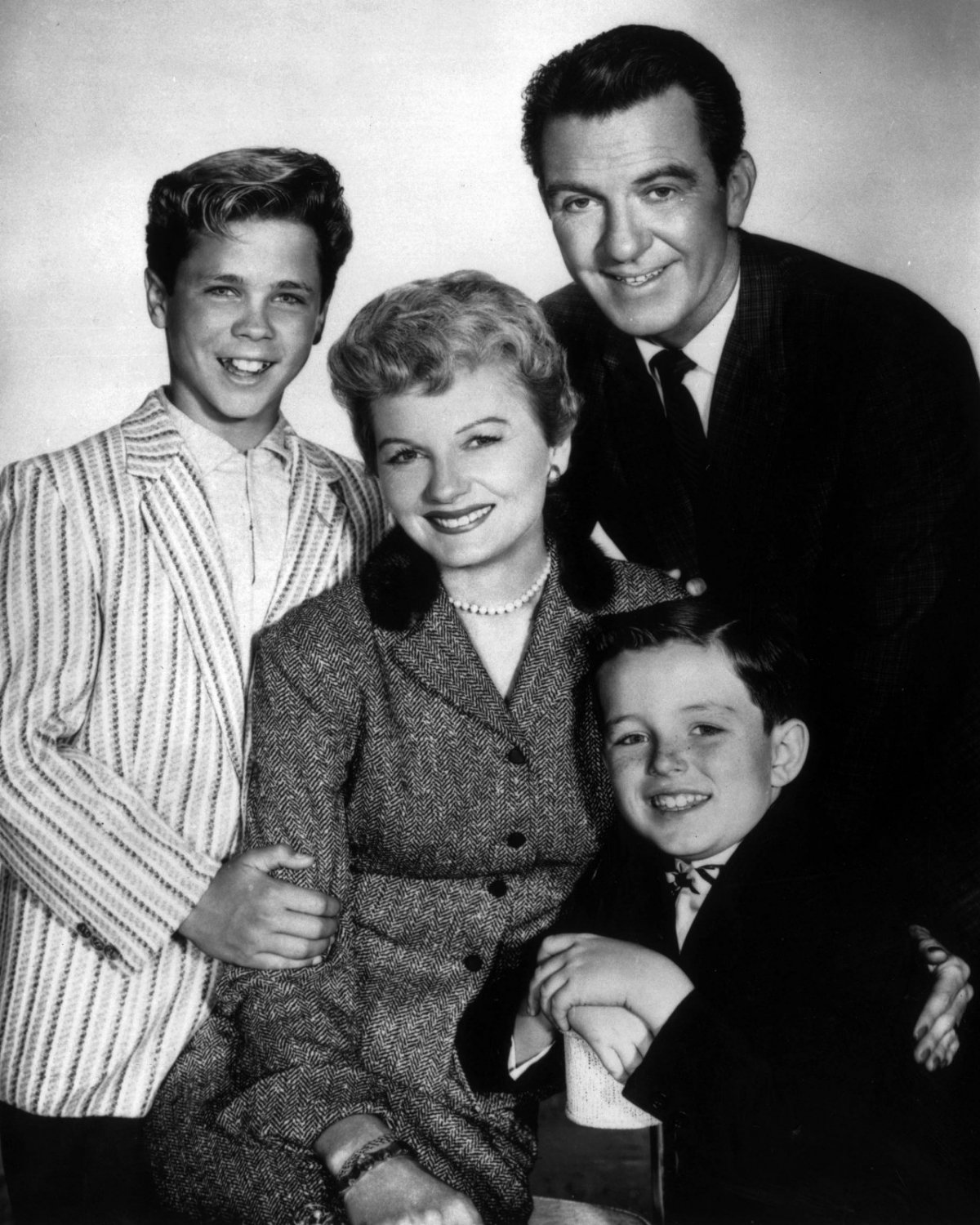One of the things, concerning American politics, that I have thankfully observed over the years is the orderly transfer of power that takes place from one election cycle to another. Unfortunately, I see evidence that this might not be the case this time around. Personally, I don't think the chances of wide-spread violence are very high. I definitely don't see a coup in the works, but I can't ignore the recent demonstrations--some of which became riots--or the fact that some businesses and offices in major US cities have proactively boarded up their places of business against the possibility that some might "take things to the street." We pridefully claim that we aren't a "banana republic," but could we just be a republic with more bananas?
During my lifetime, to one degree or another, the United States was influenced by respect for authority, fairness, and the rule of law, that found its roots in Judeo-Christian values. I'm not saying that most of my countrymen of 40, 50, or 60 years ago were Christians (or Jews). They weren't. But, my nation was still strongly influenced by values that were in many cases drawn from Scripture, or from the natural
law that is parallel with Biblical ethics.
I came of age in the late 60s. As a boy growing up with Beaver Cleaver in the 50s I was aware of President Eisenhower. Mostly I remember that he played golf. He considered himself to a very religious man, but he was not a part of any church. I would say that most of the adults around me in my growing-up years shared that sentiment. It was my dad's view (until he turned back the Lord in a personal way, just after I started college). People had a religion and set of values that were handed to them. Most did little if anything to strengthen that package and make sure it maintained its relevance so it could be passed on to the next generation.
Two books that helped me, later in life, to see what was going on in my youth are The Closing of the American Mind, by Allan Bloom, and Slouching Toward Gomorrah, by Robert Bork. To use a Biblical picture, our salt became saltless and it was therefore good for nothing except to be thrown out and walked on. Even later, Cornelius Plantinga's book, Not the Way it is Supposed to Be, A Breviary on Sin, helped confirm and tidy up my thinking.
So, what do we do?
The simple answer is--and it's not wrong just because it is simple--to do right.
He has told you, O man, what is good;
and what does the LORD require of you
but to do justice, and to love kindness,
and to walk humbly with your God?
(Mic 6:8)
Beyond that, or perhaps I should say, "within that" let me offer a couple of thoughts:
- Do what you can, where you can. Spend less time railing, or fretting, or rioting about what is going on Washington, or Palikir, or . . . and more time reaching out with kindness to your neighbors.
- Don't just coast, based on the moral/ethical capital of the past. Live, work, and minister in such a way that you are adding to the supply of salty salt that will help preserve coming generations from the kind of rot we see around us today.
- Discipline yourself to discriminate between the person who holds the view to which you object, and the view held by that person. That person is created in God's image, one for whom Christ died, and she or he is a repository of unimaginable potential. That view you despise may be despicable. That person is redeemable.
- Think! Don't just feel.
- Listen more. Talk less.
- Don't shout (unless you are warning someone of a disaster.)
- Seek to understand.
- Be kind.
- Know that God has gotten along just fine while all kinds of governments and governers functioned in this world. Our hope is in him.
Live for Jesus.


No comments:
Post a Comment